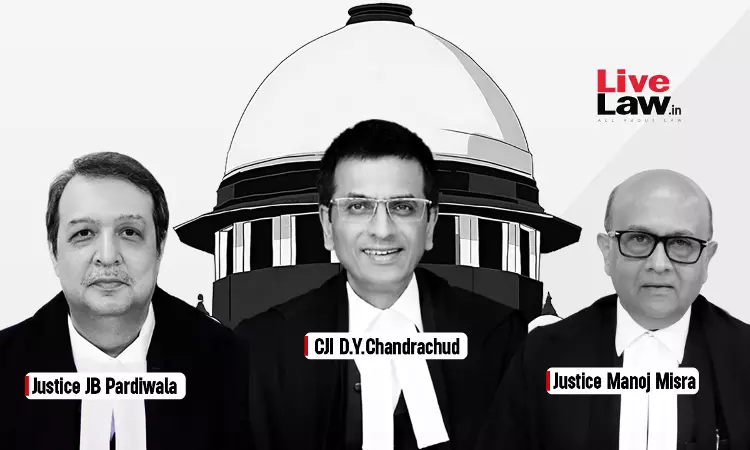Inability Of State Police To Tackle Law & Order No Excuse To Invoke Preventive Detention : Supreme Court
Yash Mittal
22 March 2024 4:23 PM IST

Next Story
22 March 2024 4:23 PM IST
In a notable ruling, the Supreme Court has summarised the important points relating to preventive detention. The Court stated that the Inability on the part of the state's police machinery to tackle the law and order situation should not be an excuse to invoke the jurisdiction of preventive detention.While setting aside the preventive detention of an alleged chain snatcher under the...
